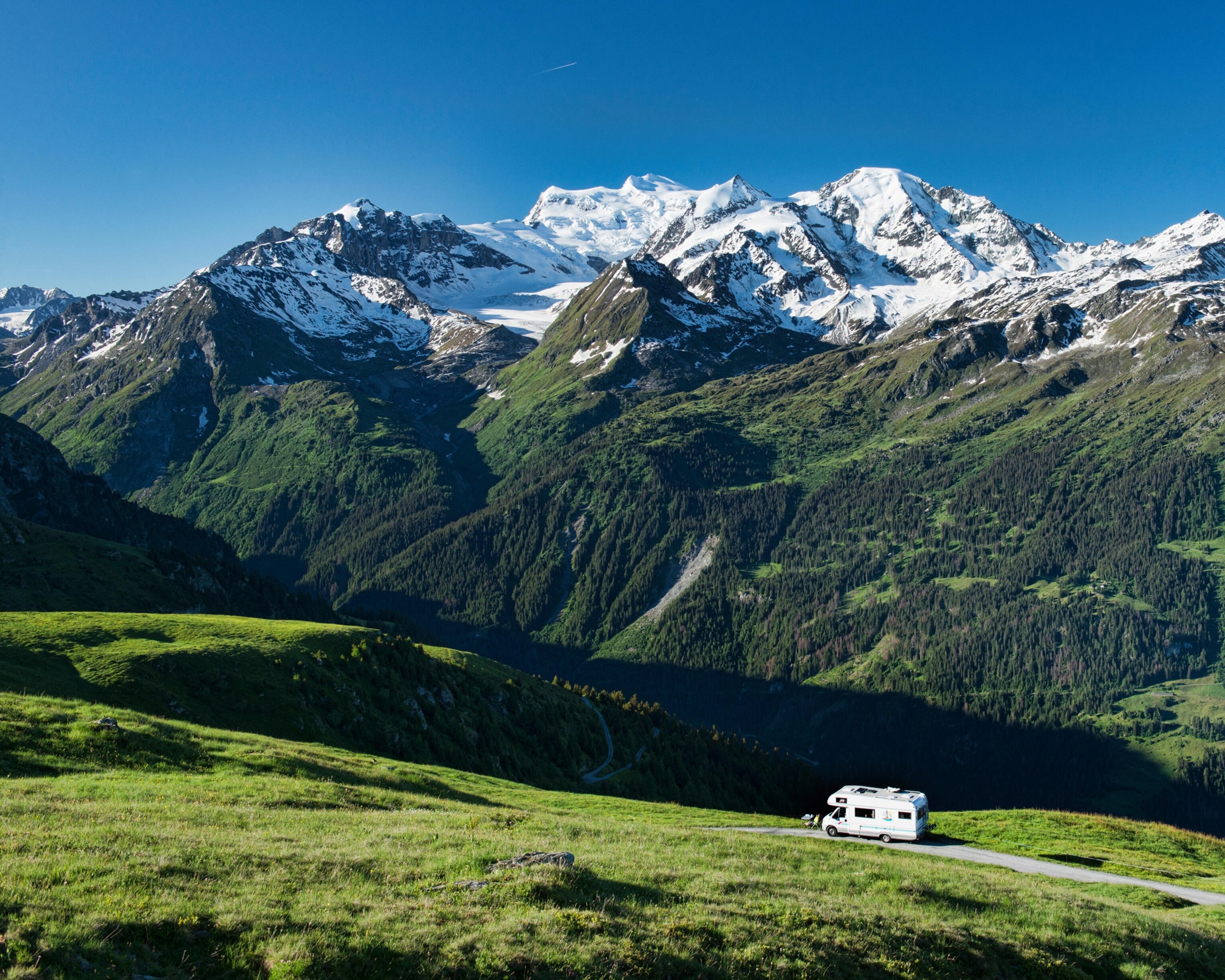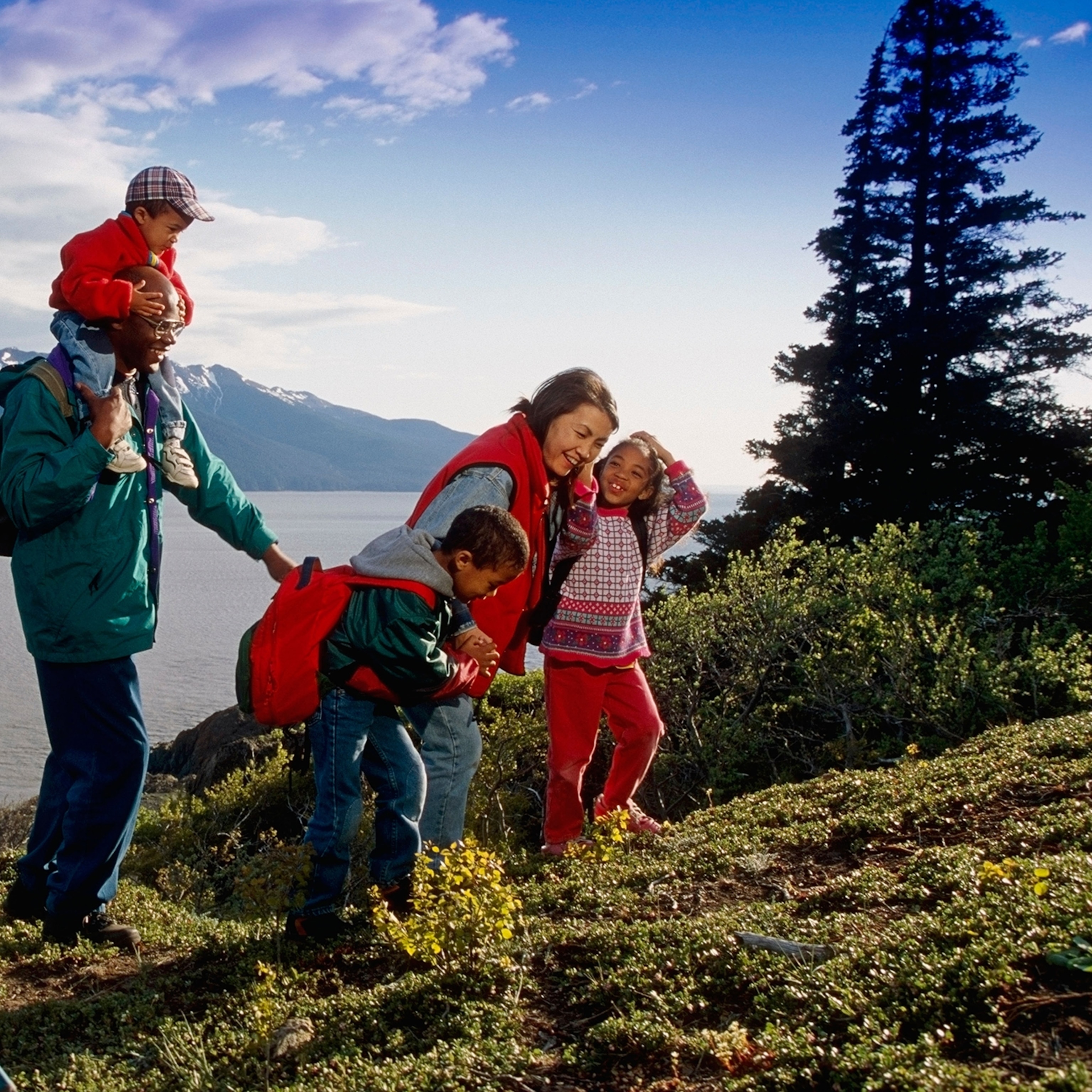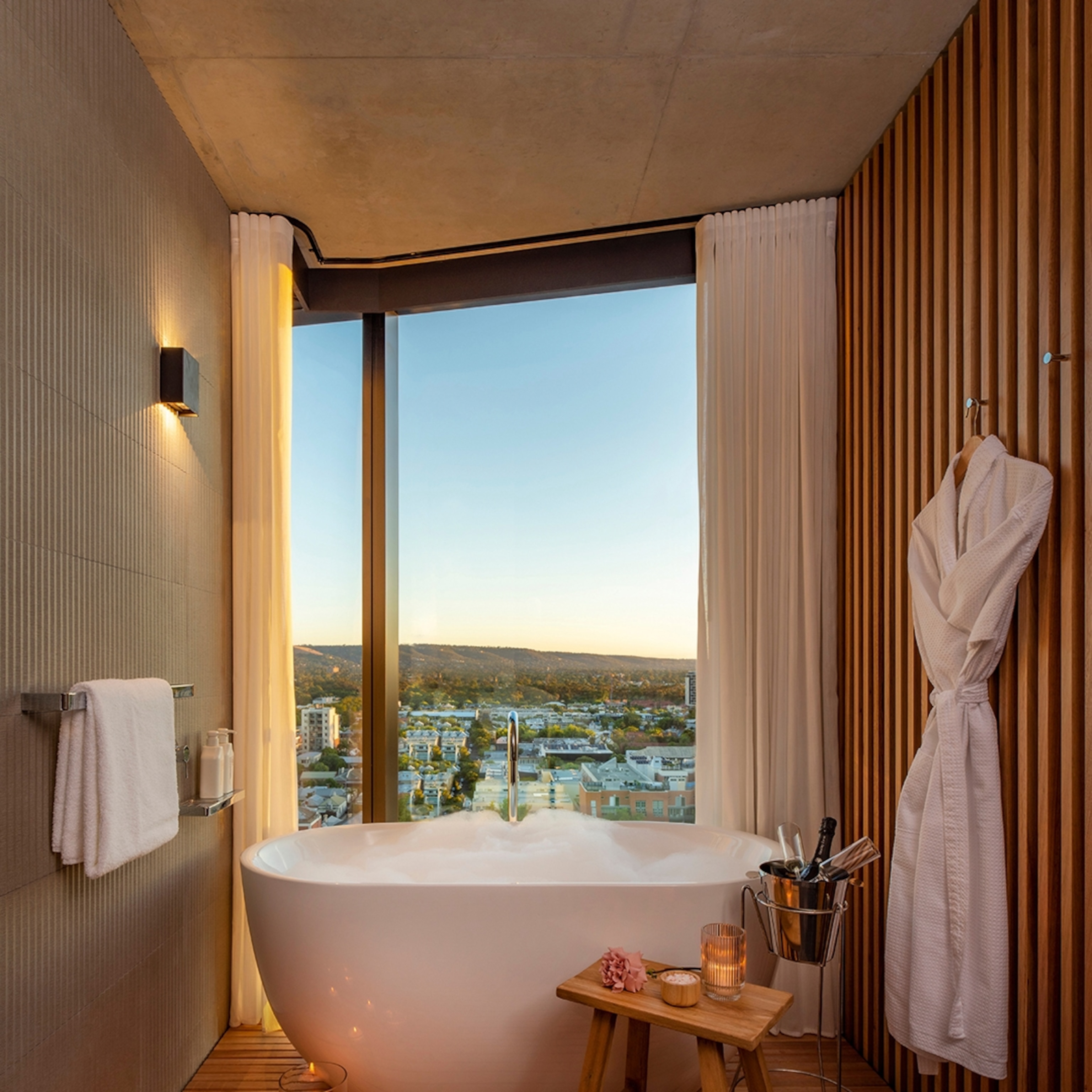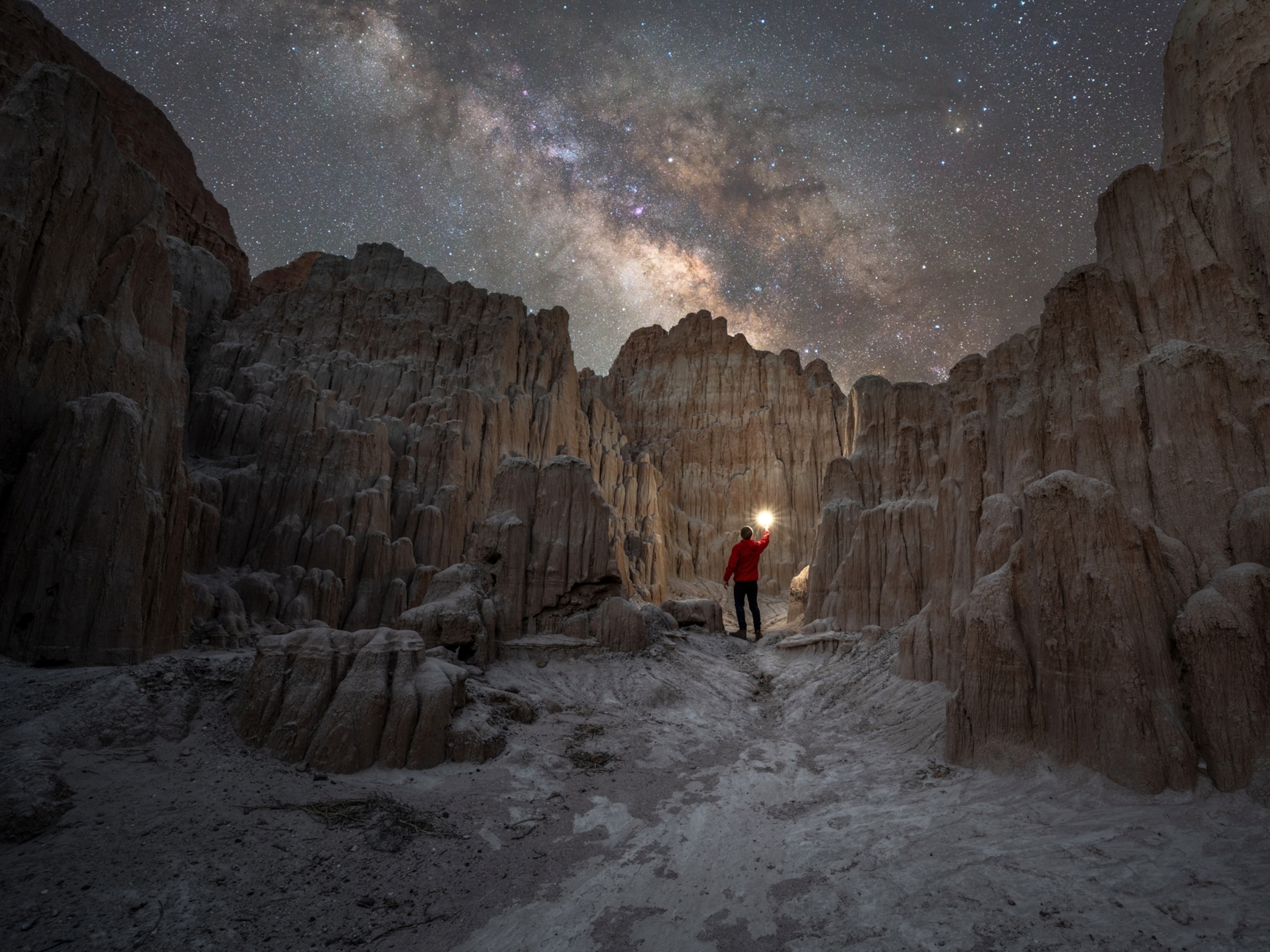Vacation pods. Travel bubbles. COVID clusters.
However you call it, this new approach to group travel in pandemic times involves carefully selecting a small group of family and/or friends—siblings, neighbors, college besties—then ensuring everyone sticks to agreed-upon rules of pre-trip quarantining and testing, masking, and social distancing.
In recent weeks, the news of vaccination rollouts and virus mutations have added to considerations of whether or not to travel. But after nearly a year of virtual schooling and working in often close quarters, it’s no wonder many families are banding together to create pods that might help them escape in time for spring break.
But doctors say that traveling with anyone other than the people in your household remains risky. And while some of the dangers can be mitigated, it remains a potentially life-threatening gamble.
“You really want to be strict with the rules,” says Nadeen White, a pediatrician and travel blogger in Atlanta. “It just takes one person to show up that was exposed to COVID-19 for it to spread.”
Your best bet: Stick to the people you live with. And even then, travelers over 65 and those with chronic illness should be excluded from your plans. “The risk is too high,” says White.
(How to limit your COVID-19 risk during holiday travel.)
Also consider the hazard that travel poses to the people in the place you’re visiting. “It’s really important that you are prepared to stick to their requirements,” says White.
Here’s what else to consider if you’re planning spring break travel.
Take your safe space on the road
RV travel is rapidly growing in popularity (even in the winter), in part because it allows families to remain safely in their bubble away from home. And with more parents and kids working and schooling online, normally time-crunched families are taking advantage of the opportunity to travel without worrying about vacation days.
(These six lessons from 2020 can help parents better navigate the upcoming virtual semester.)
Monet Hambrick and her family drove from Miami to spend a week in Naples, Florida, in an Airstream trailer, with her two daughters doing online schooling. In between homework assignments, the girls were able to search for seashells, spot wild dolphins, and go on hikes that included wild bunnies and roaming tortoises.
“With technology these days there’s no reason to stay at home if you can get out on the road and explore new destinations safely,” Hambrick says. “It’s been great for us to be able to have the kids do school during the day then explore after school, and not have to rush.”
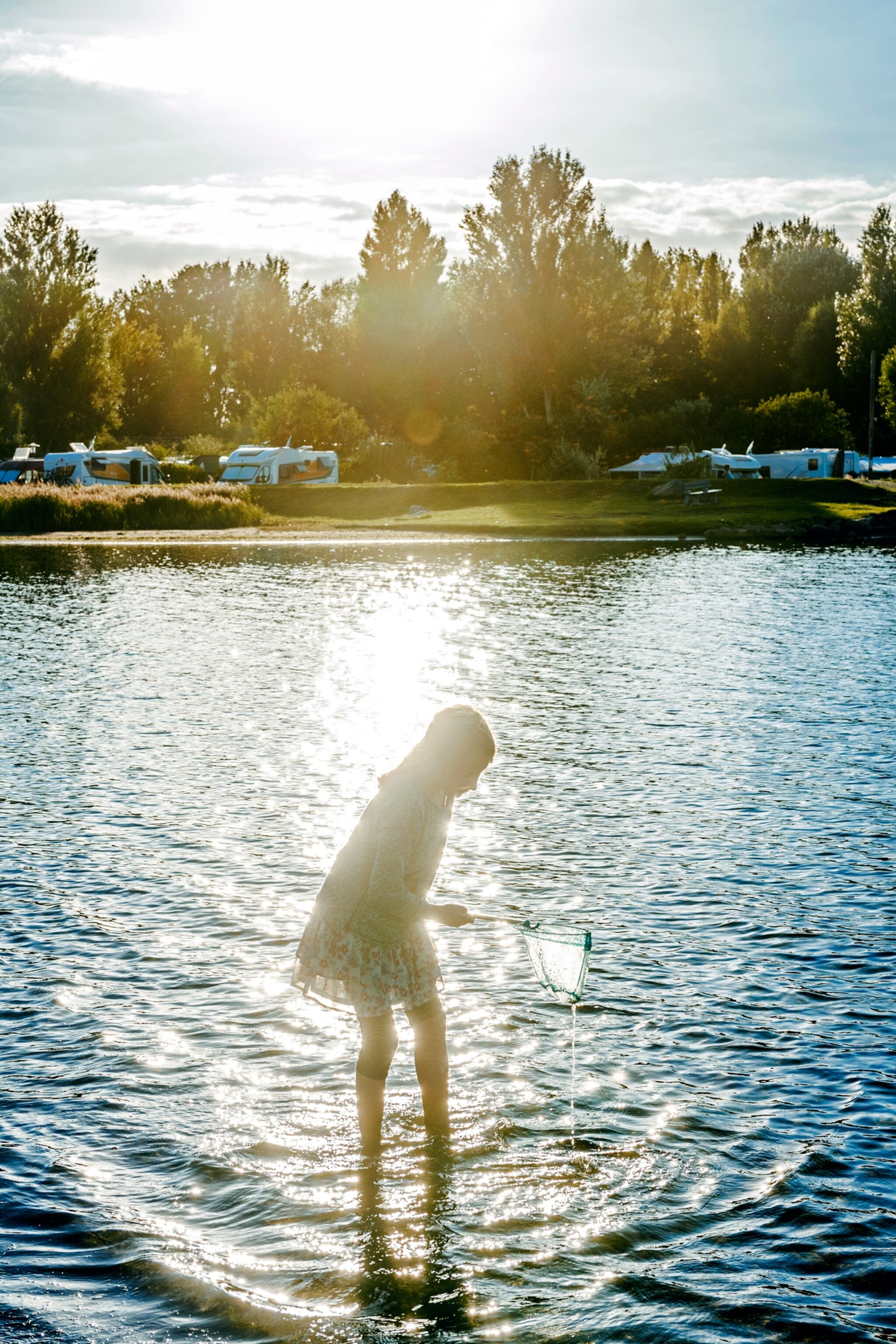
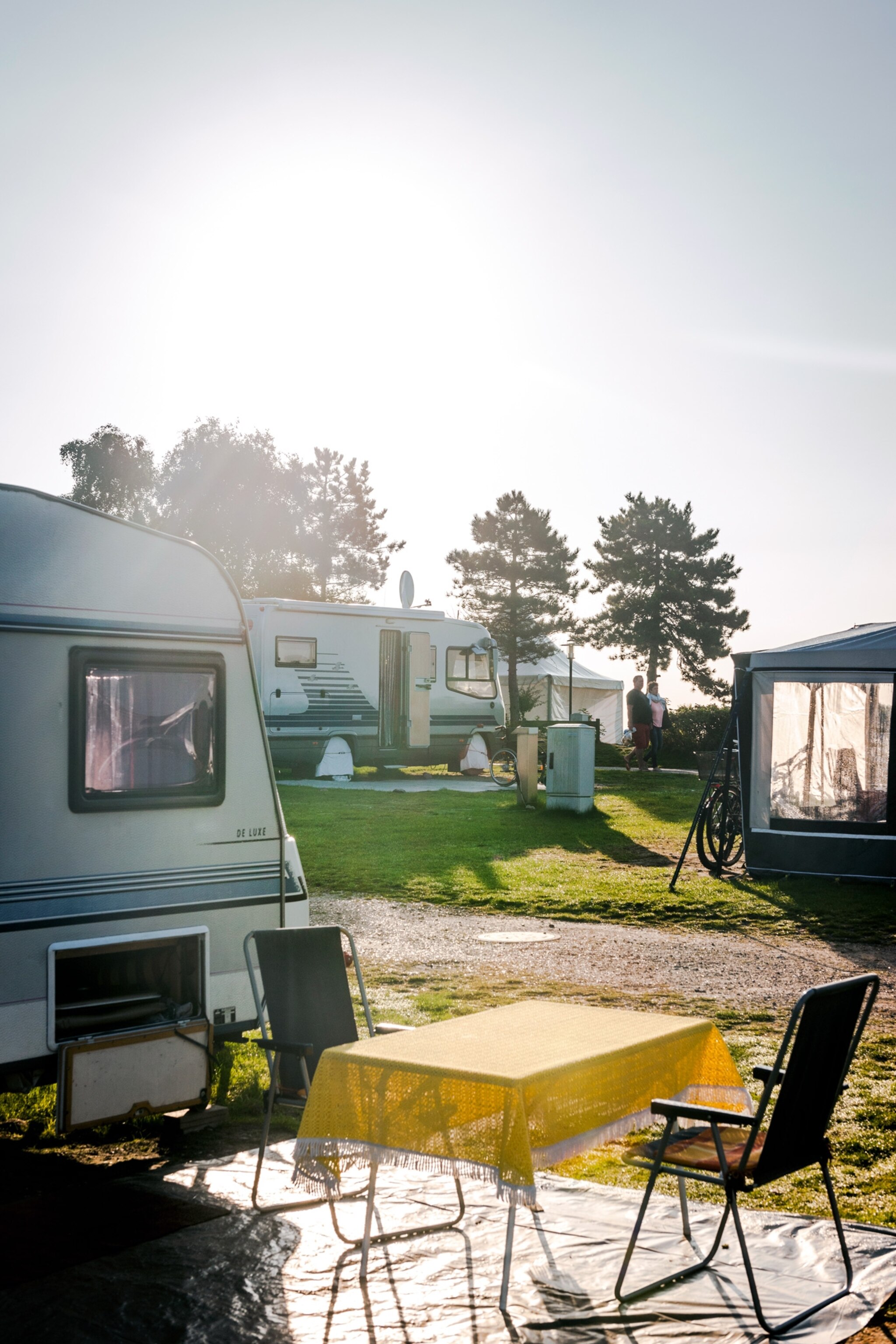
Paige Bouma, executive vice-president of RV Trader, says that campsites have risen to the pandemic demand with contactless purchasing, sanitation stations, and self-check-in options.
“All of those measures that you’re doing to be safe at home? You can take them on the road,” Bouma says.
Still, White says, a safer RV trip requires that you make some key decisions, including opting for a fully self-contained unit (with bathroom and kitchen on board). Experts also recommend you plot out your route in advance, have a meal plan in place so grocery shopping won’t be necessary once you hit the road (options like Instacart can deliver to your campsite in a pinch), avoid group campground activities, and limit the number of stops you make on your drive.
Finally, don’t rely on destinations to provide your entertainment. Choose your campsite with socially distanced outdoor activities (walking and bicycle trails or open green space) in mind.
Consider motels
Major hotel chains have been making a big deal about their new cleaning protocols. But you might want to go old-school at a motel instead. With direct-access entranceways, parking in front of guest rooms, fewer accommodations overall, and no reason to visit the lobby after check-in, motels and motor courts promise a lower chance of contact with staff or other guests.
Another reason to love them? The newest versions are stunning and luxurious. Spots such as The Surf Lodge in Montauk, New York; the Burrard, in Vancouver, and the Lakeside Motel, in Prince Edward County, Canada; and the Phoenix in San Francisco, California, have bright, modern style.
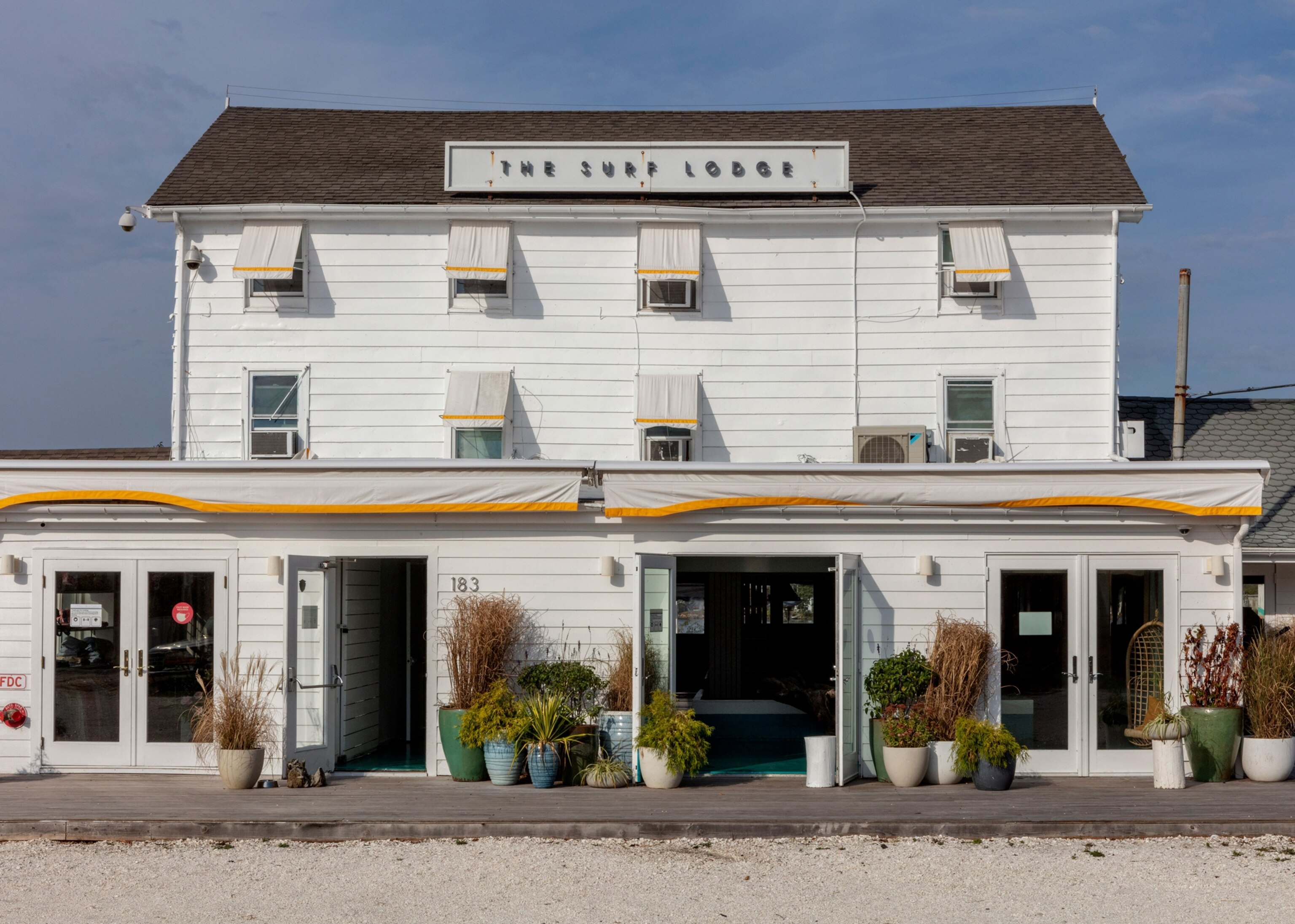
Skip the après-ski
Schussing down the slopes—or snow tubing or ice-skating—may be great outdoor exercise but congregating by the fireplace afterwards isn’t recommended. Many of the outbreaks of the virus at ski resorts this season have been linked to areas where guests gather. Instead, choose properties that offer ski-in/ski-out accommodations and reserve-your-pod ski times for peace of mind.
Wherever you choose to say, says White, check the accommodations’ site ahead of time for a sense of cleaning protocols and decline housekeeping during your stay. Bringing along your own trusted disinfecting cloths to wipe-down high-touch areas is a good idea too. “It’s more important to clean door handles, remotes, and light switches than to worry about the bed sheets,” says White.
Be prepared for additional expenses
When traveling during a pandemic, it could be easy to blow the vacation budget. Rules and requirements are changing regularly, and unexpected costs could be high.
In some places, testing comes with a fee, as will additional days for quarantining in a hotel if required. You’ll also need schedule flexibility in case your well-planned few days away turns into a longer stay.
Health and travel insurance is highly recommended. Look for “Cancel For Any Reason” plans and inquire to make sure they include COVID-19.
(How travel insurance can—and can’t—help when plans change.)
For international trips, medical evacuation insurance could be worth the investment. Family plans that allow you to return with a minor who falls ill should also be considered.

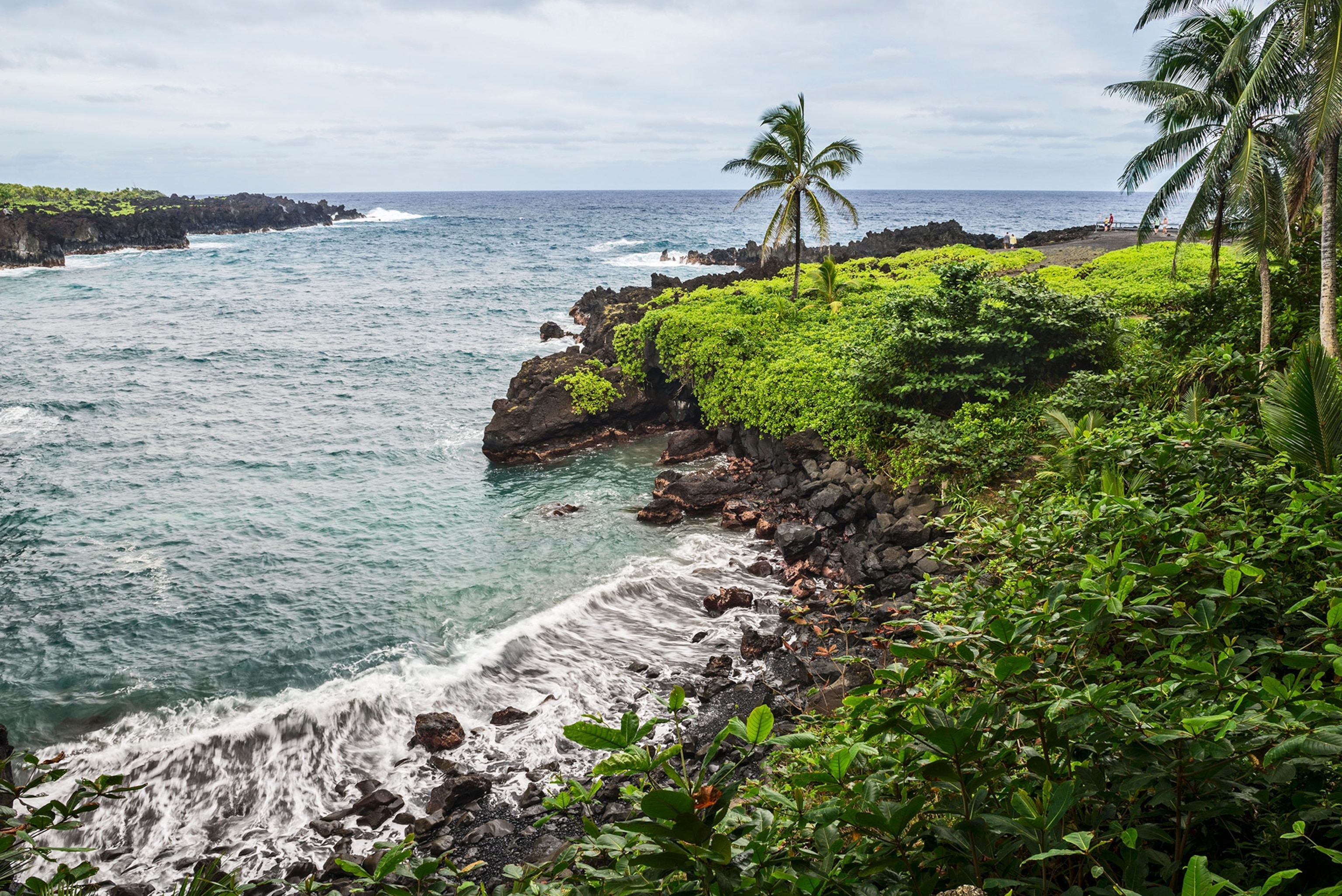
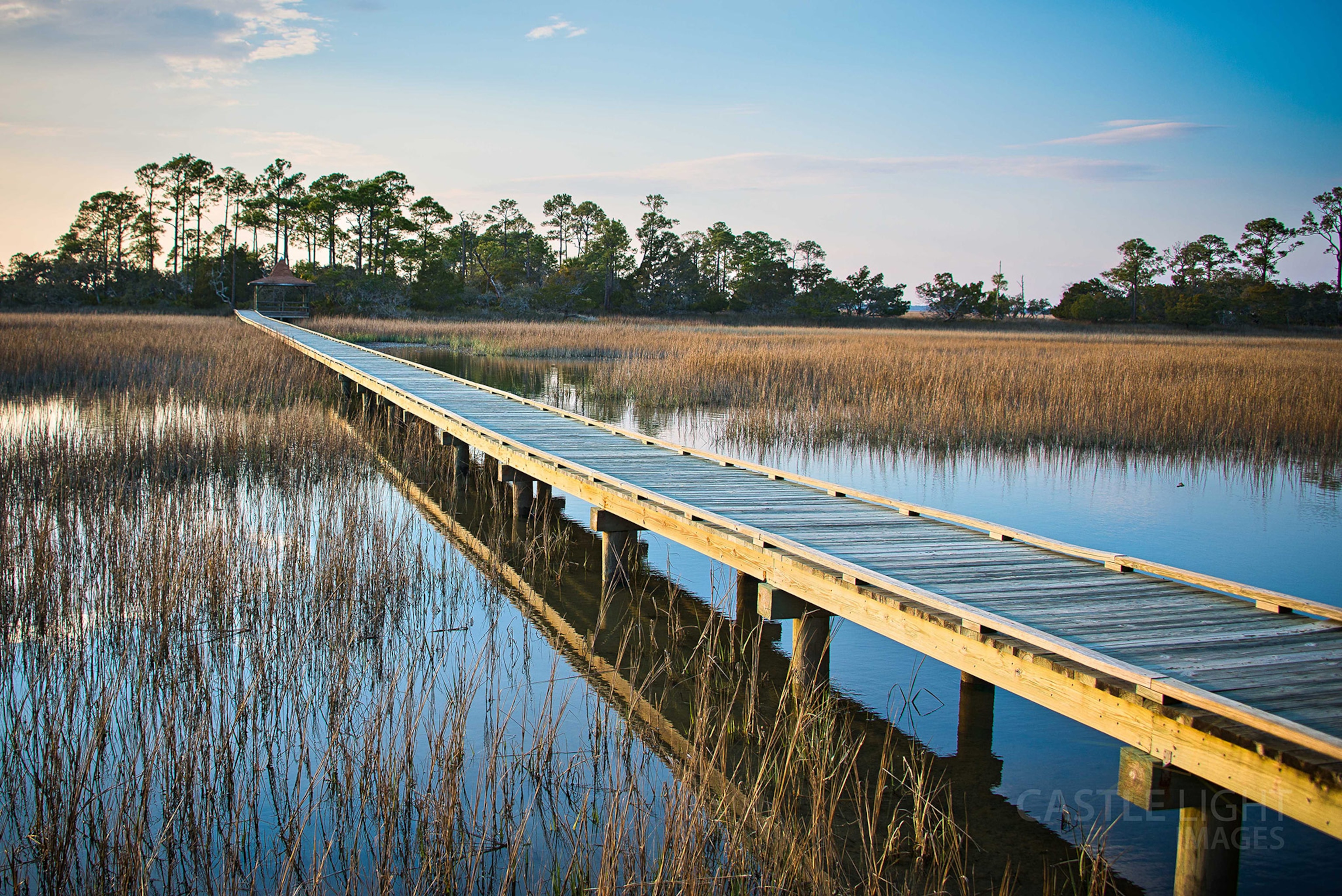
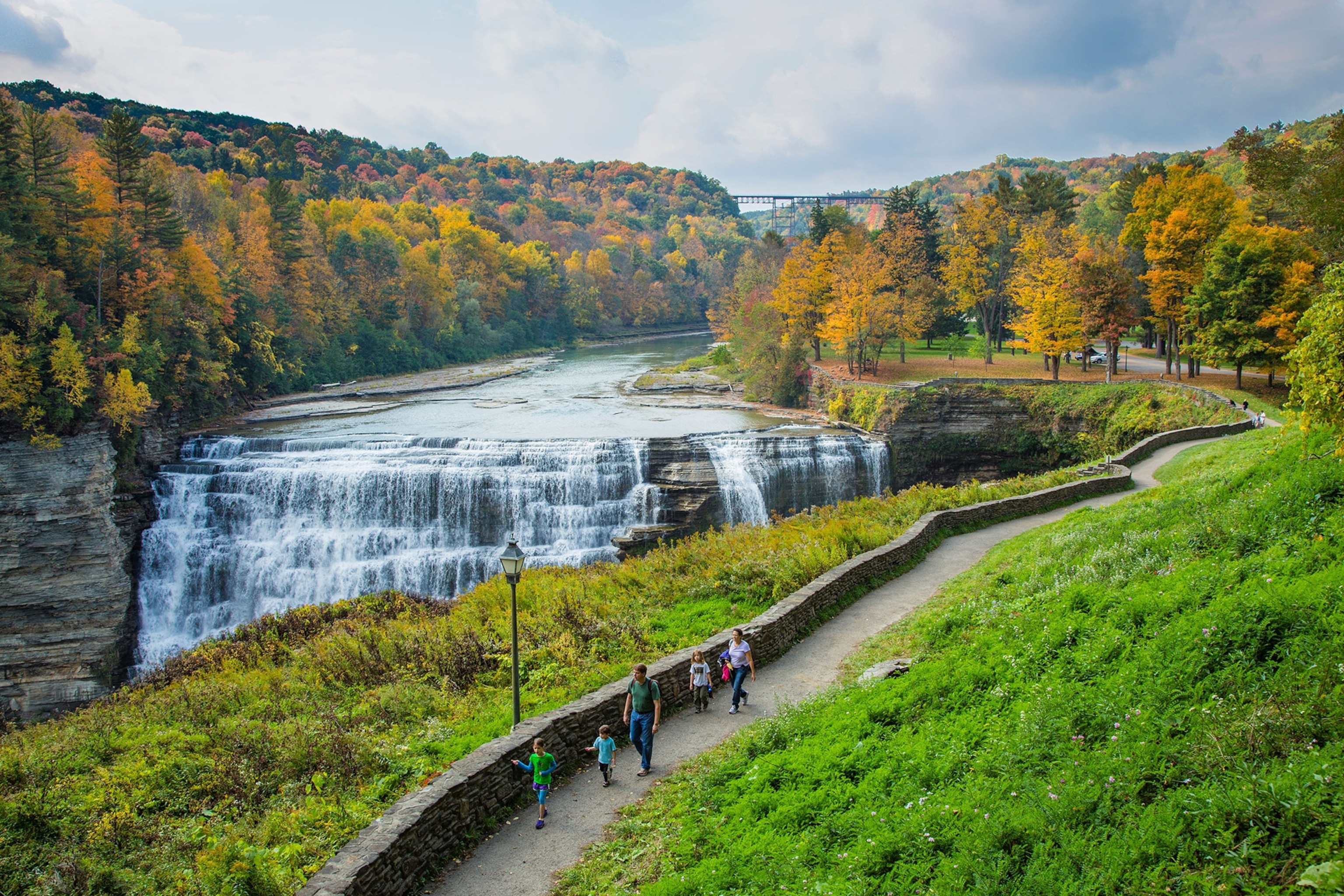
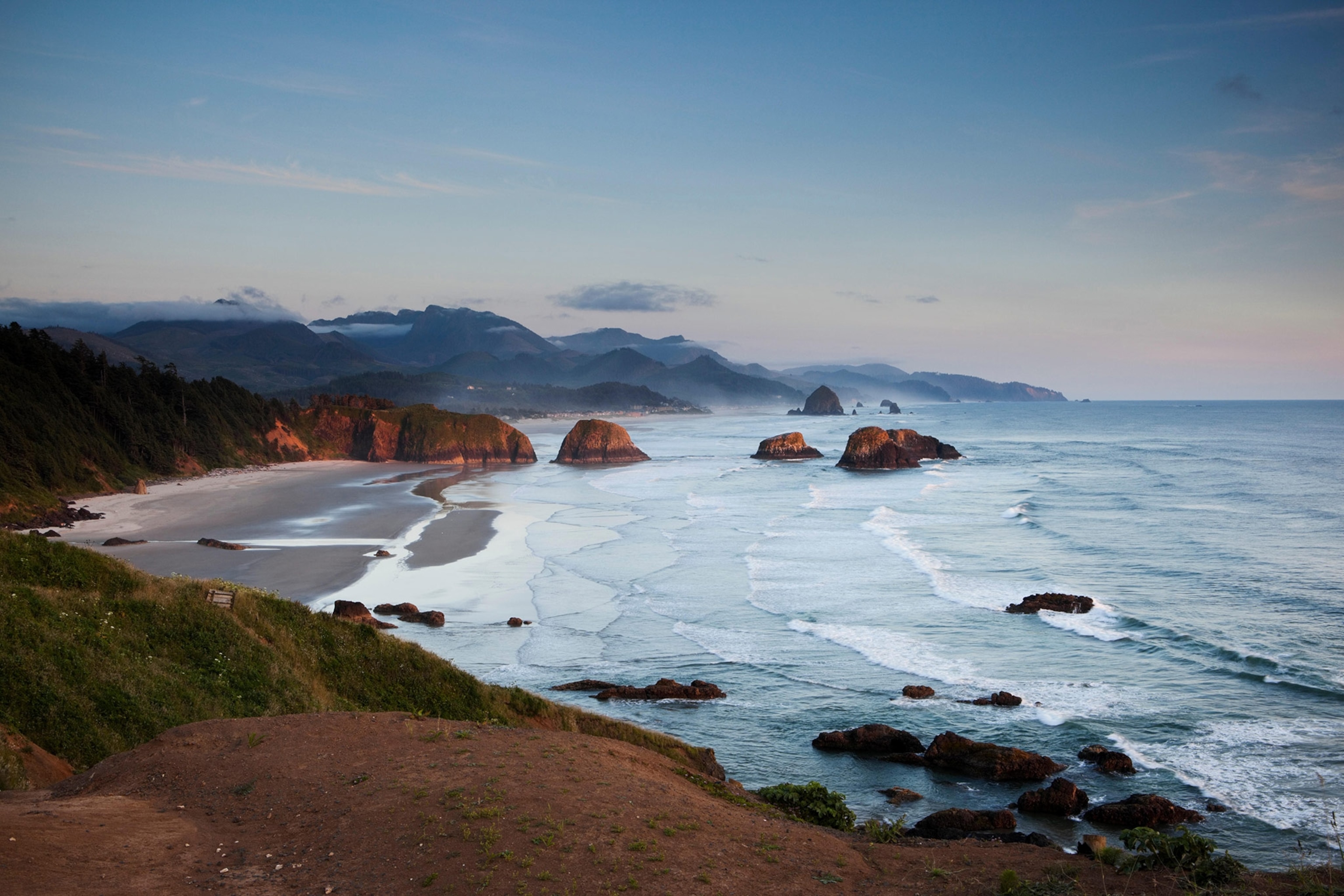
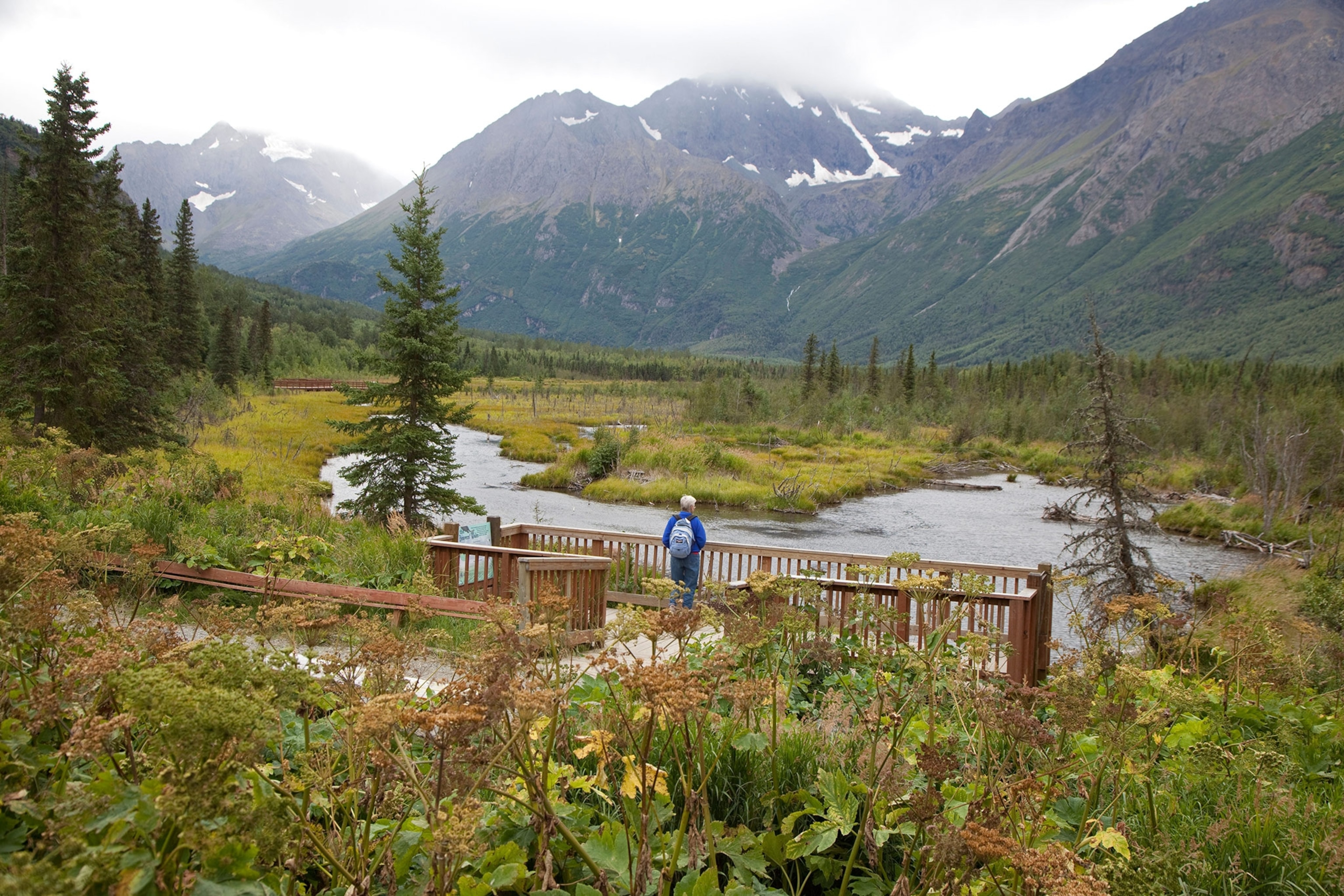
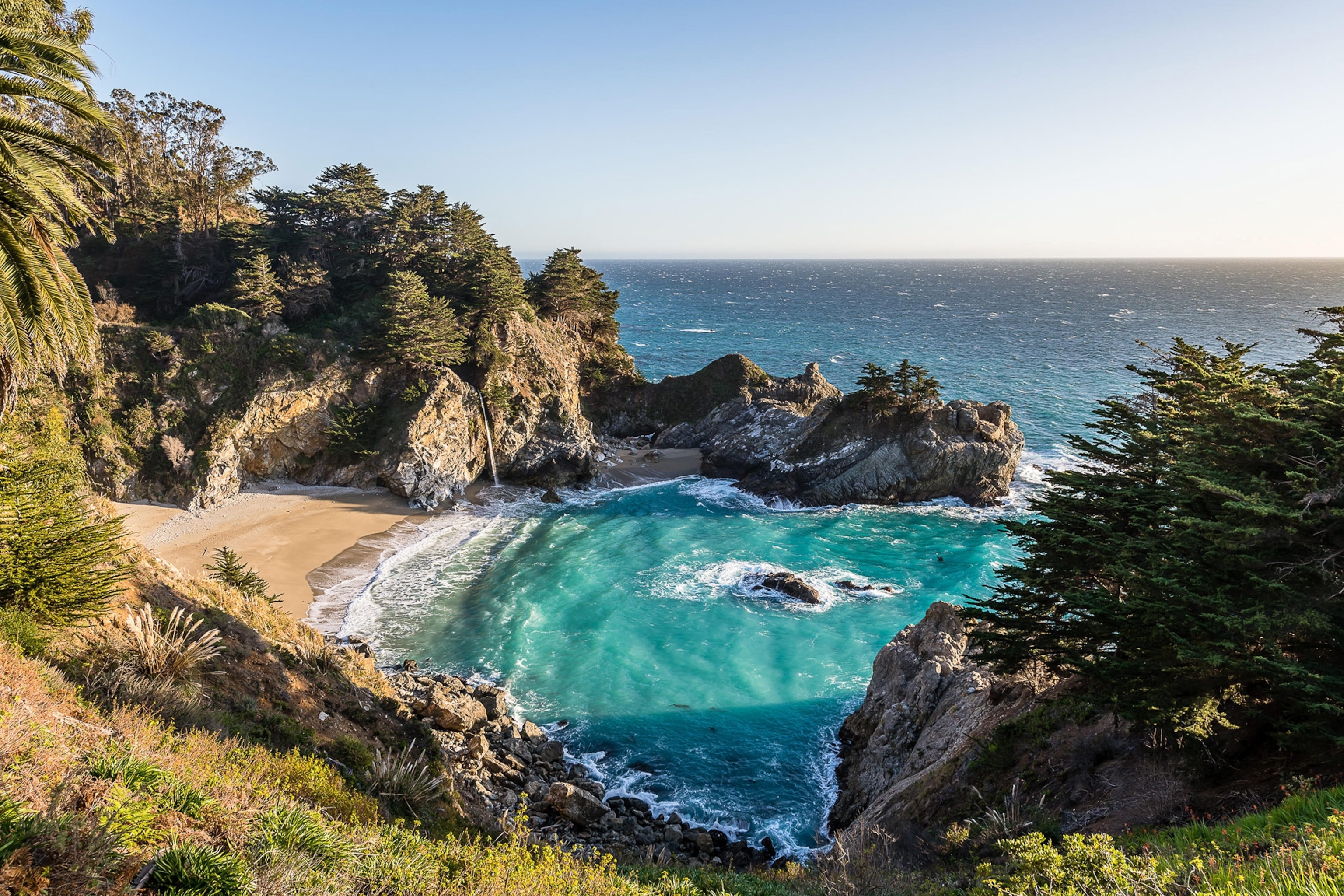
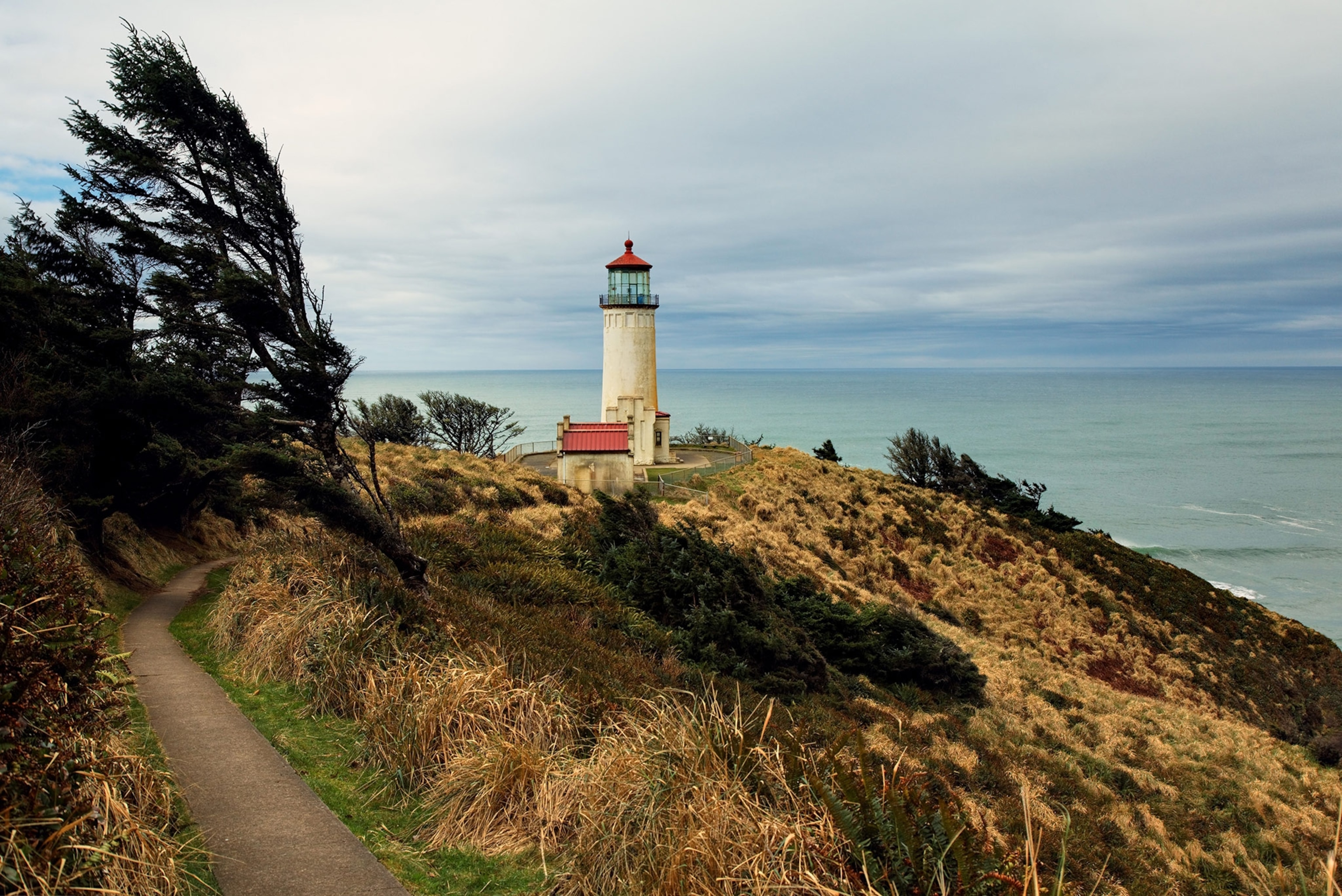
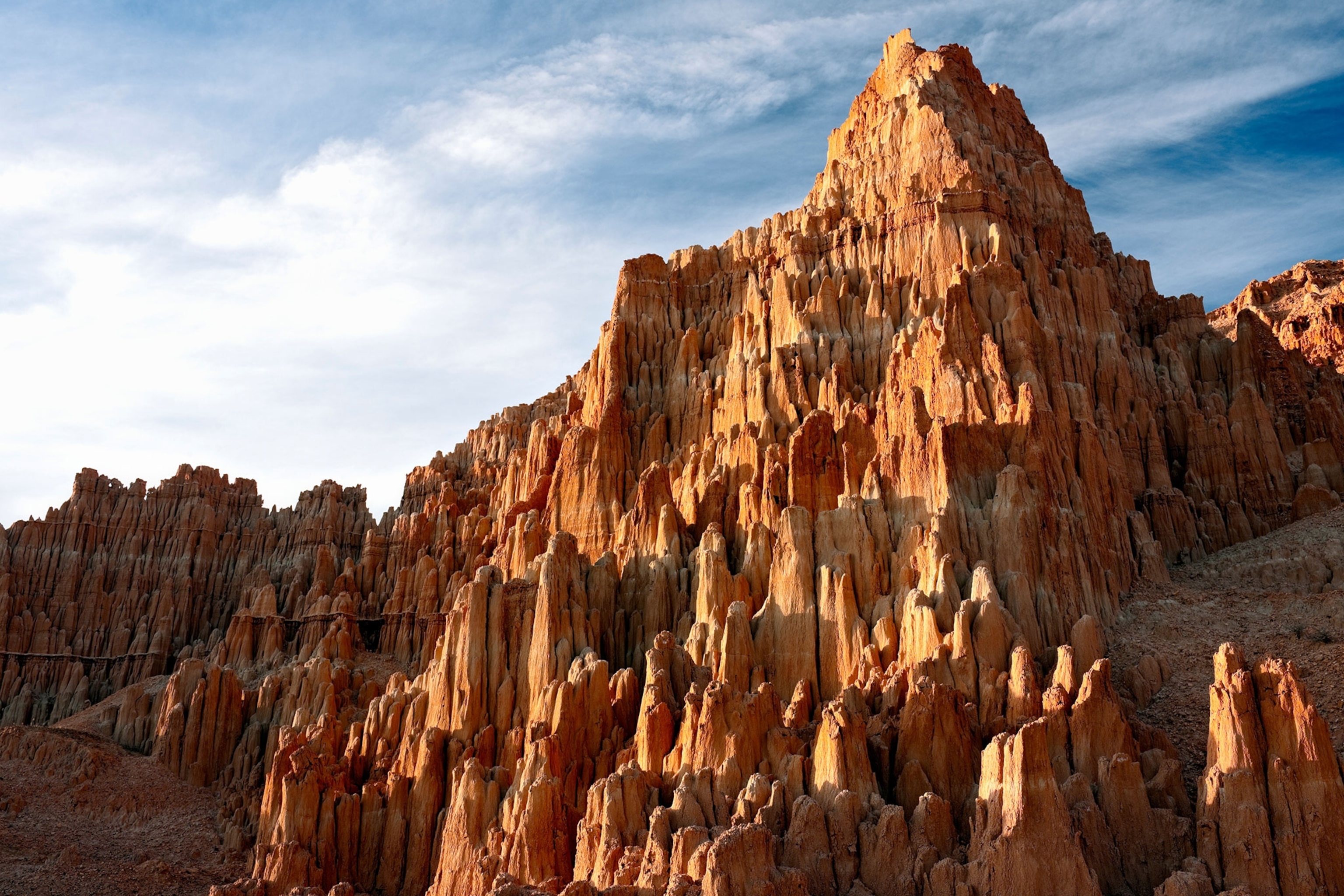
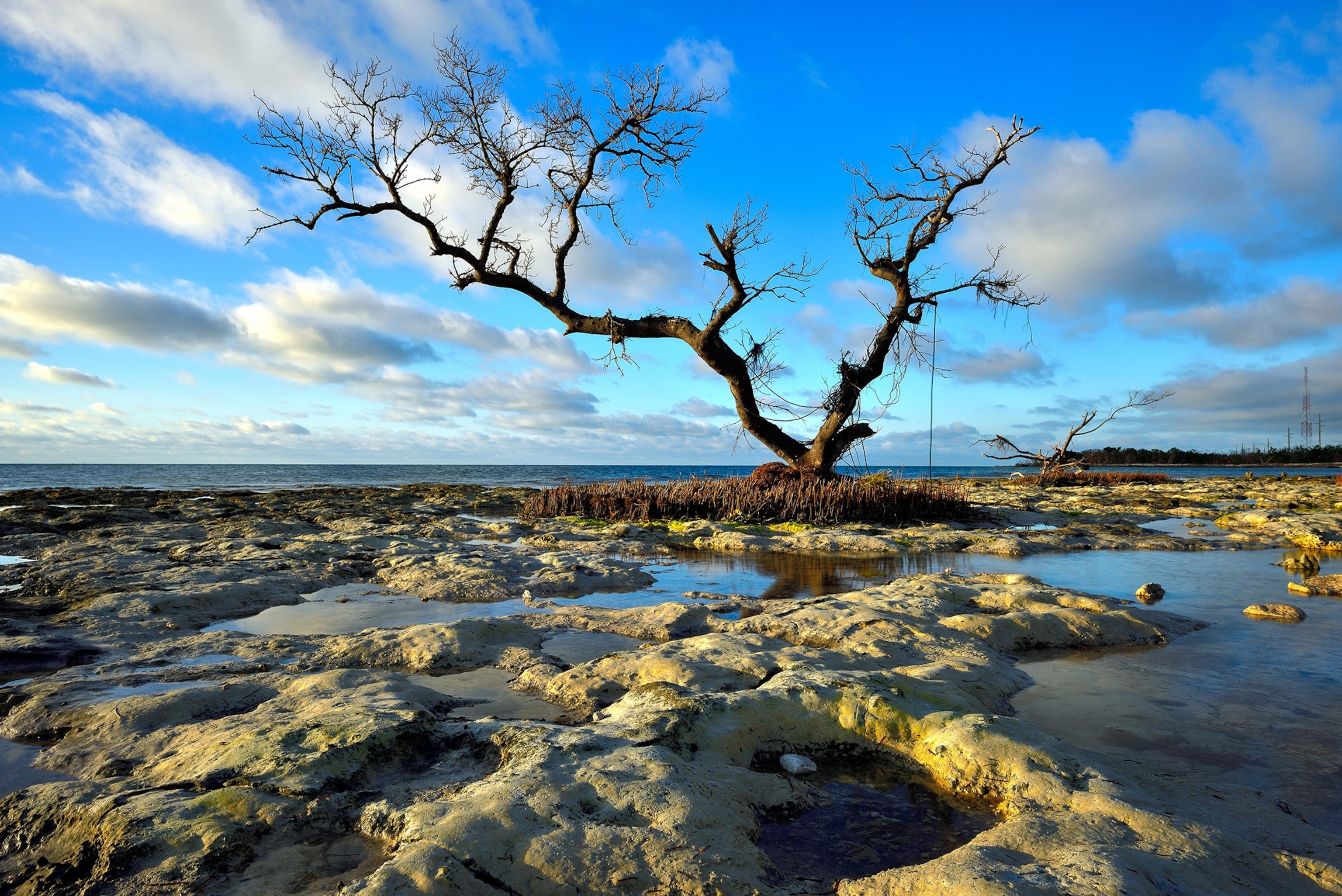
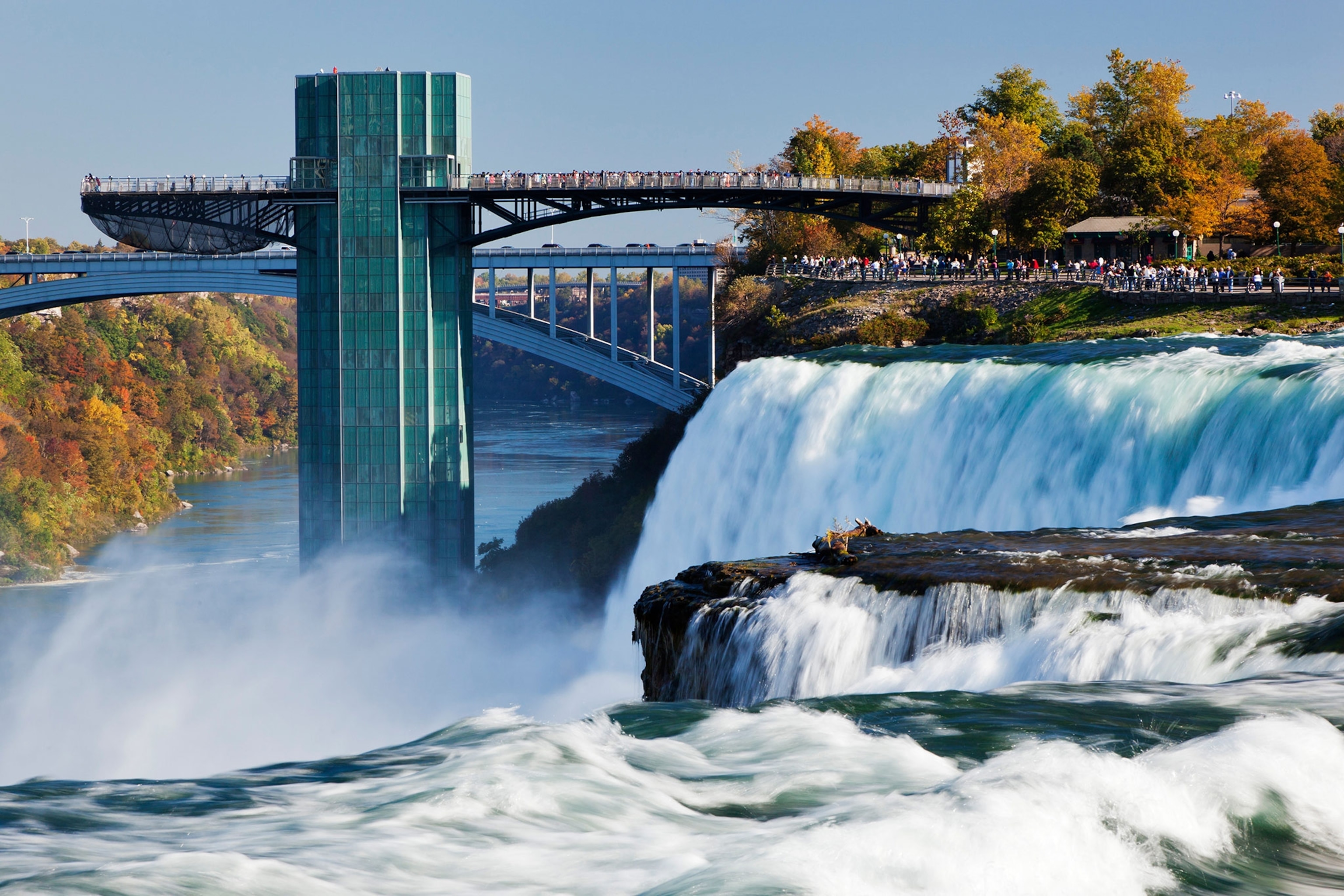
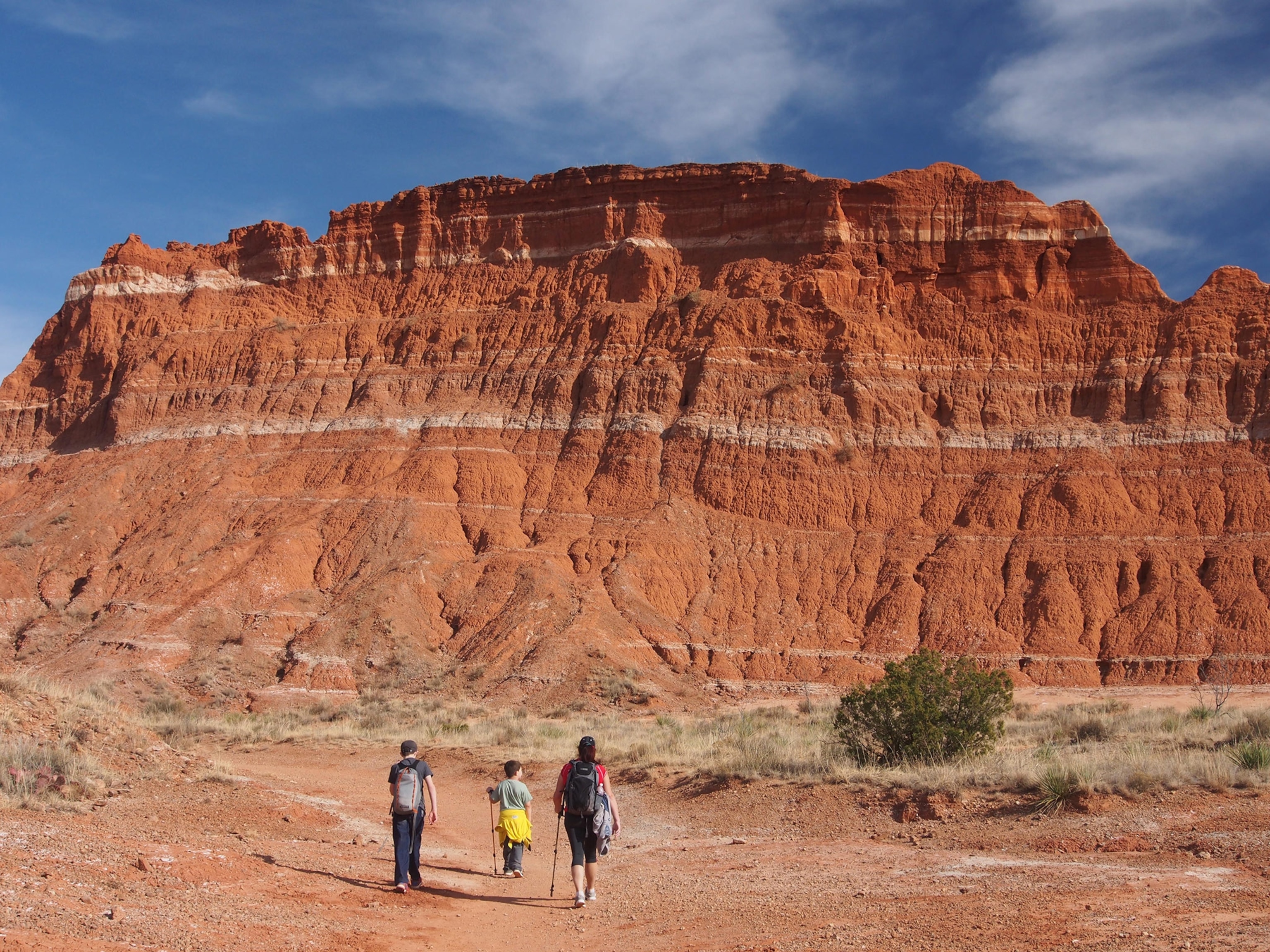
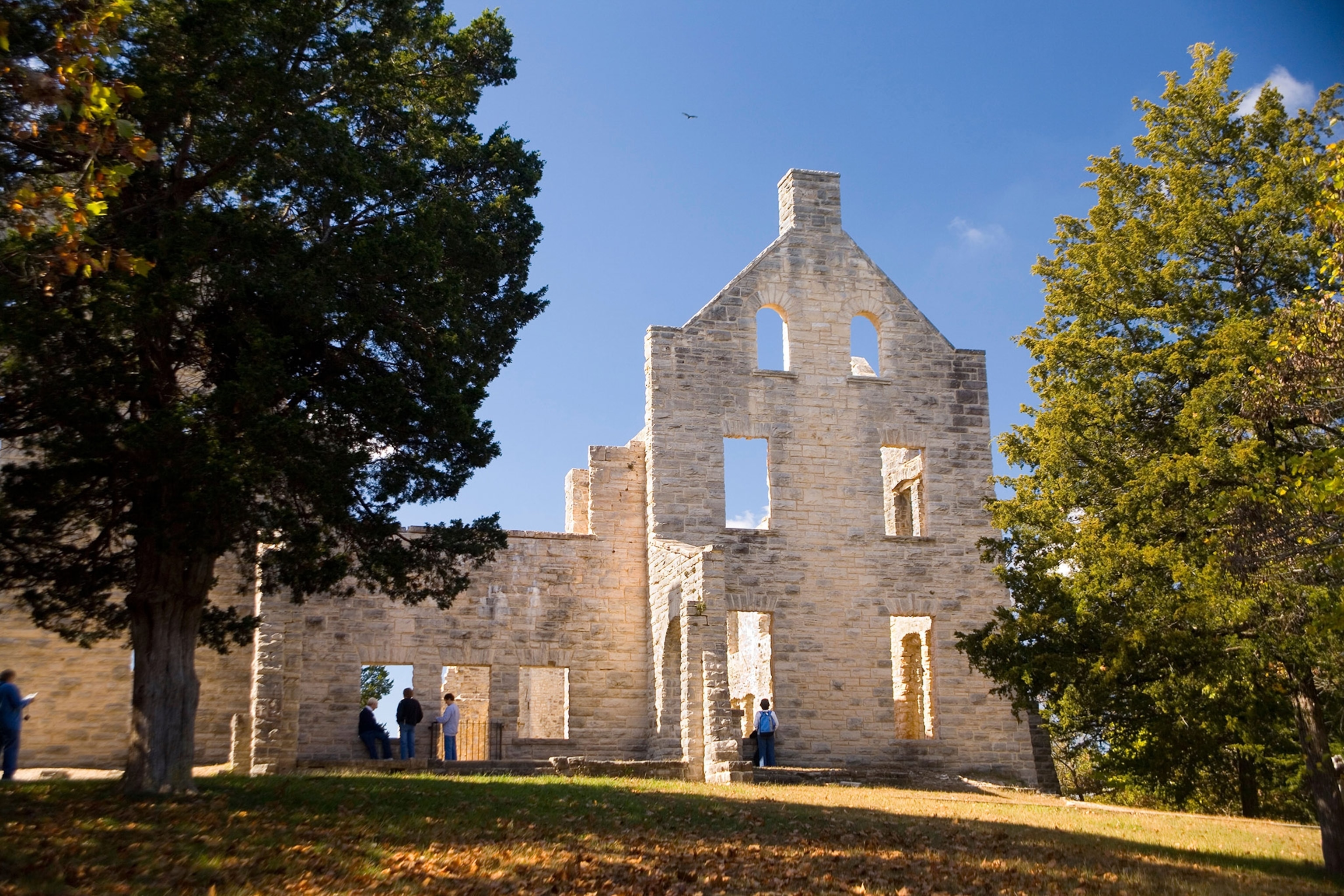
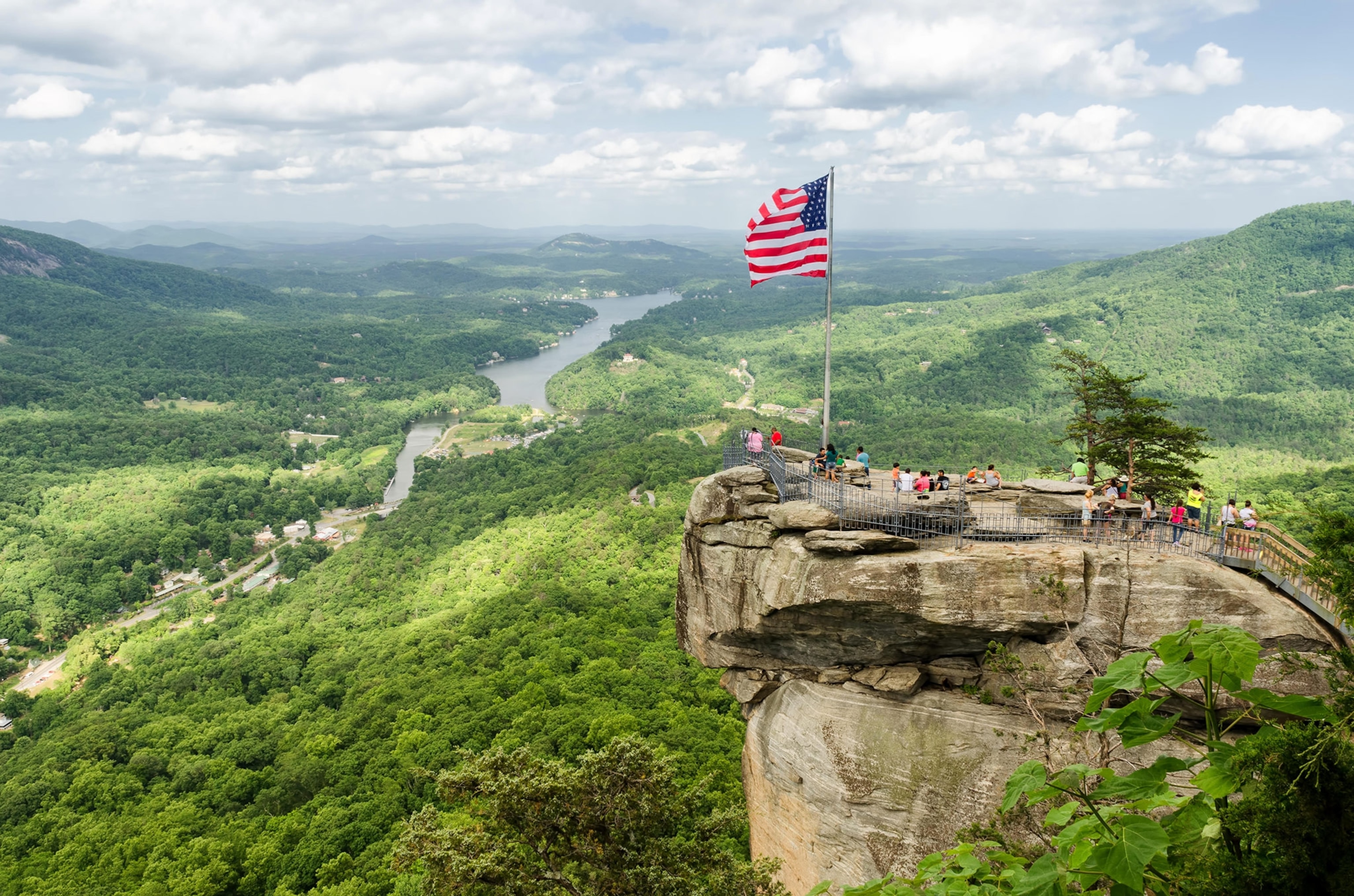
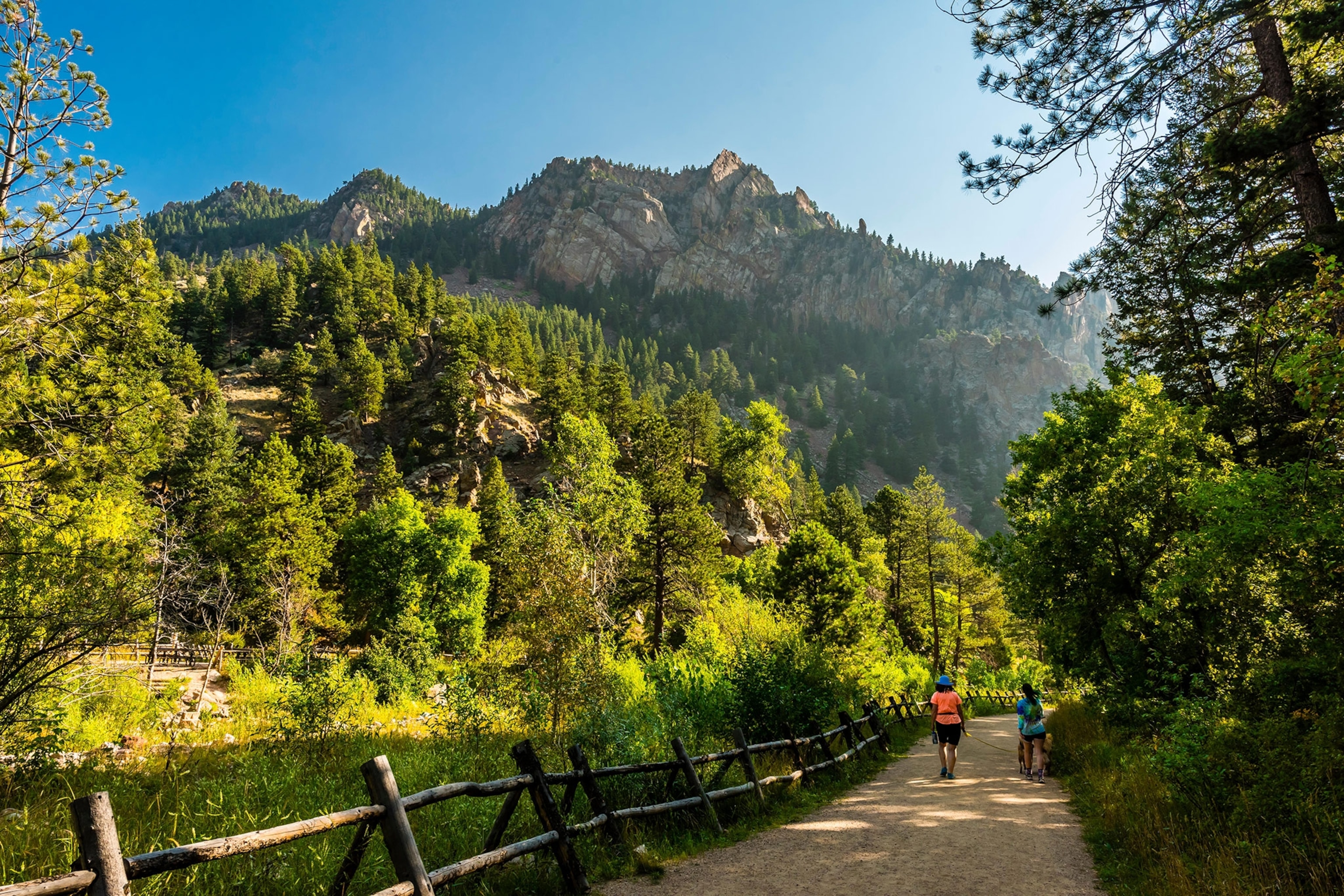
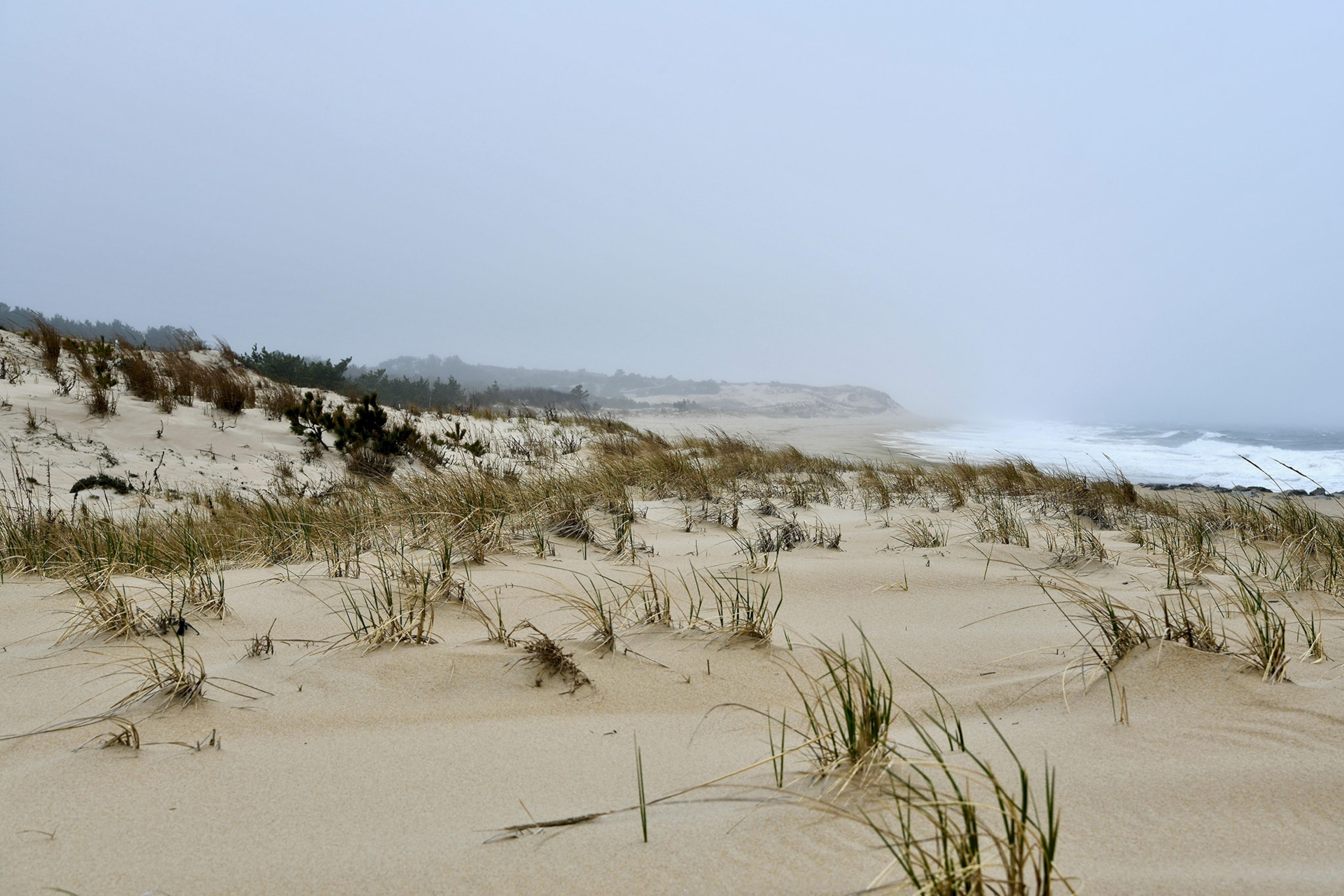
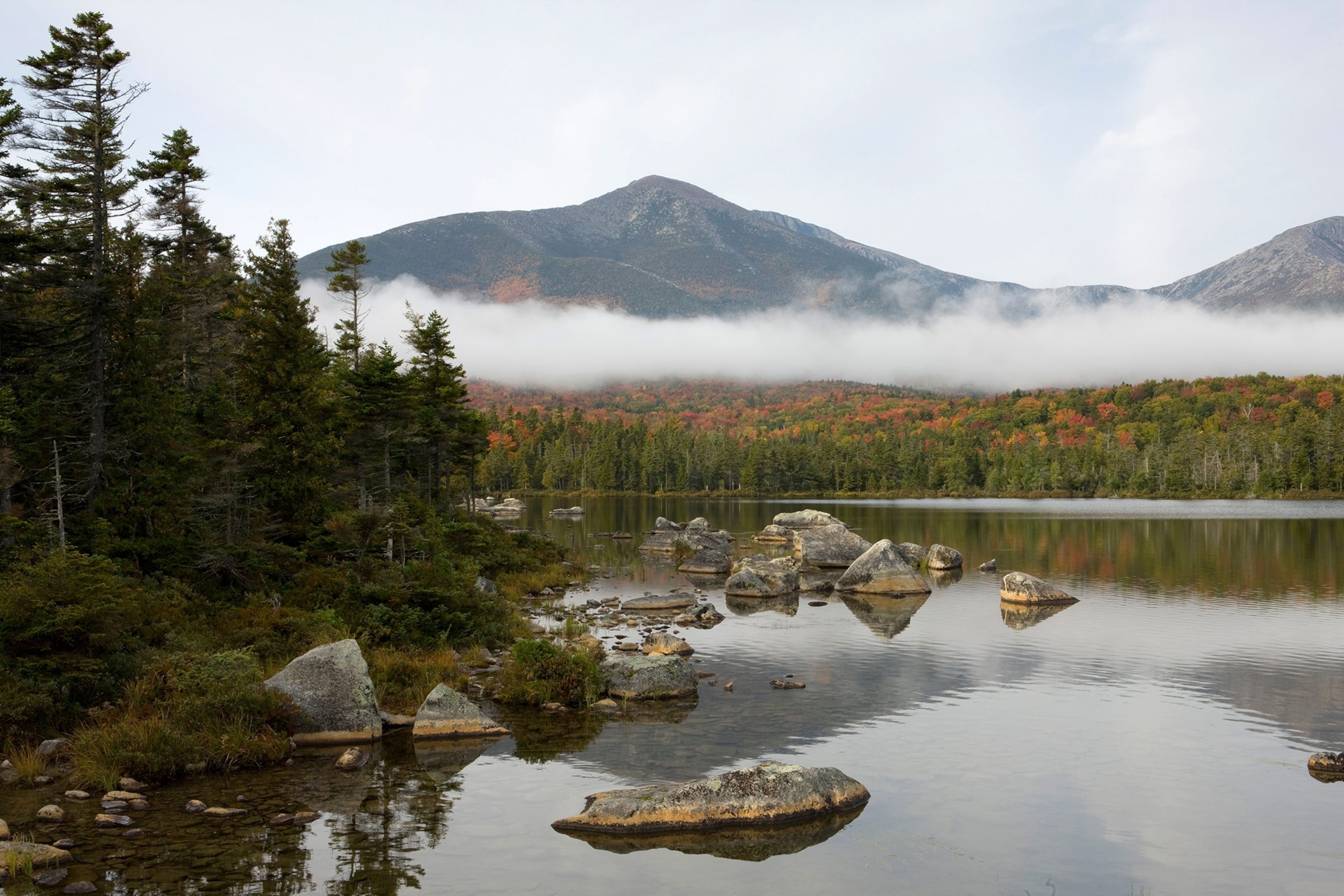
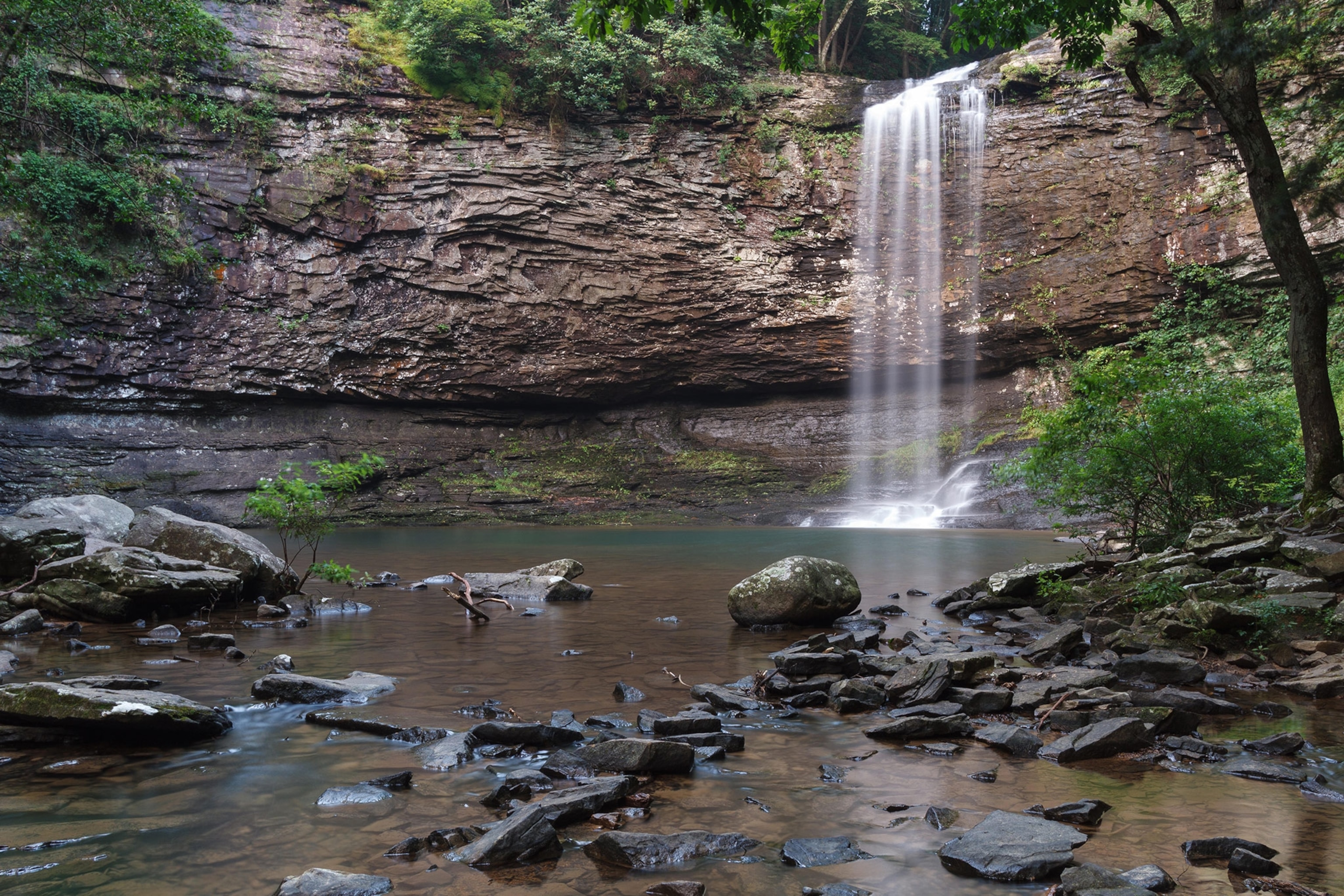
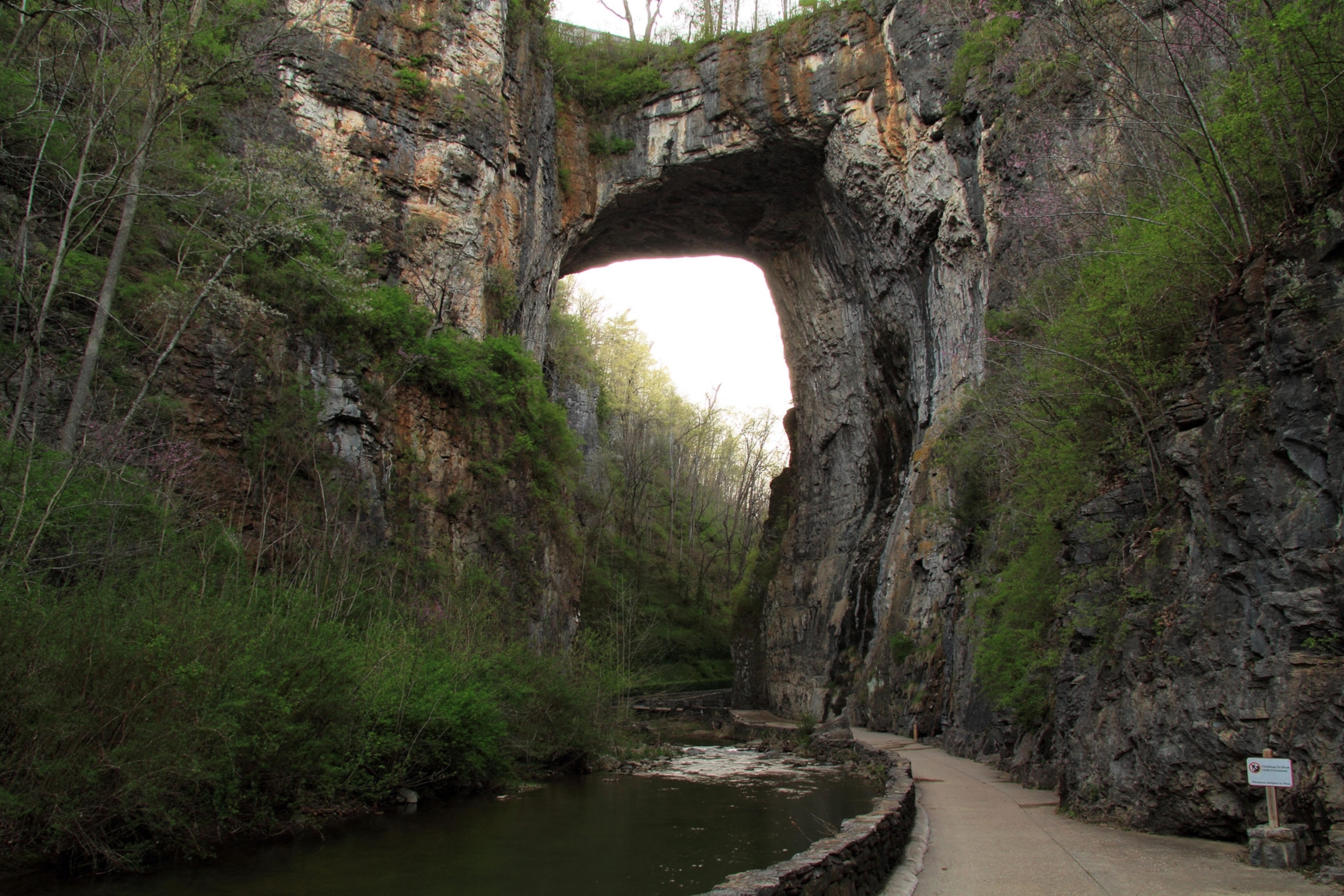
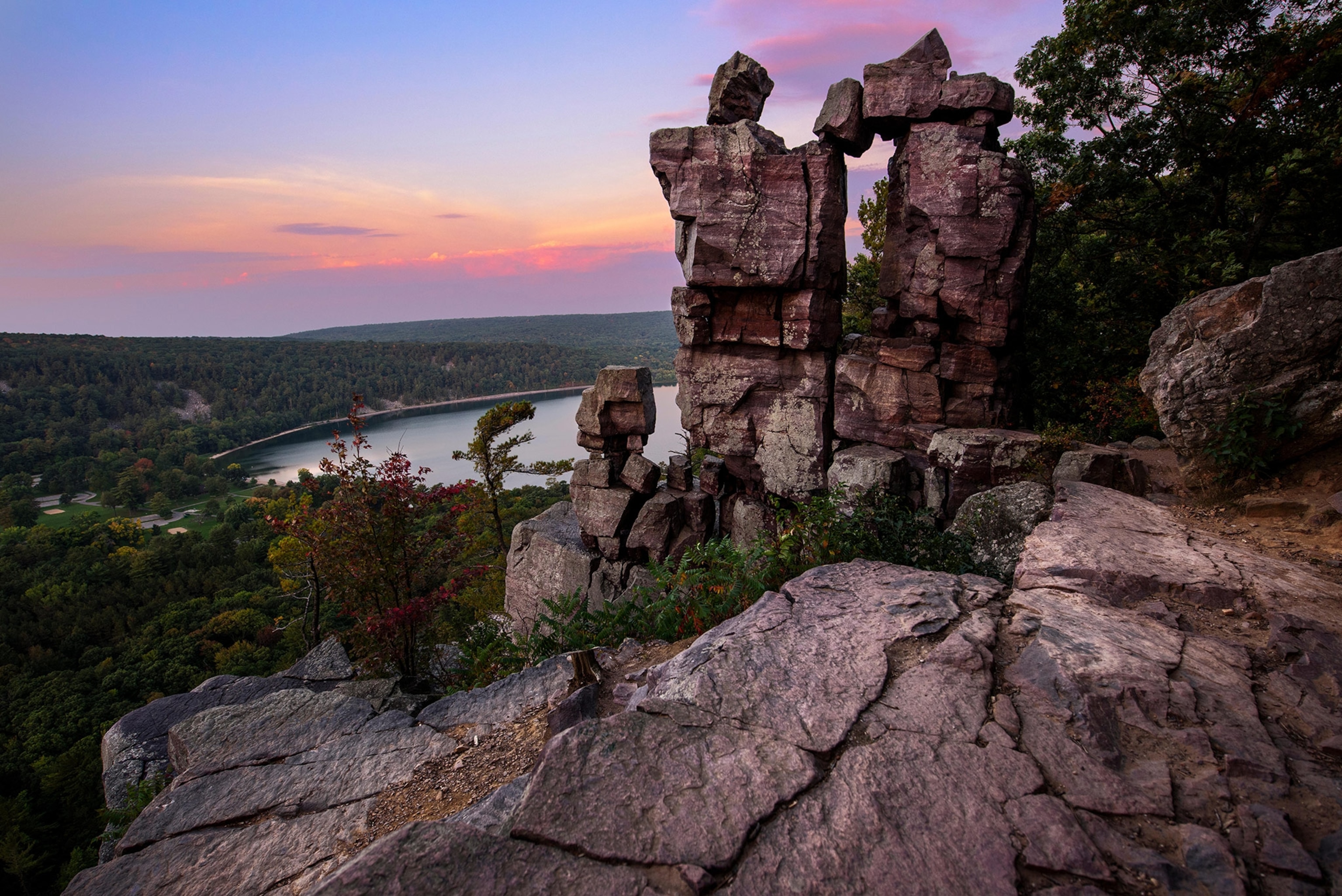
Stay close to home
The best way to avoid the virus is to stay home. The CDC has strongly advised against anything else and, though that’s disappointing for travel plans, it is also practical.
Differing international lockdown protocols mean that much of what you’d hope to see in a destination is likely closed; border regulations (including new testing requirements for return entry) rule out any international “weekend getaway” jaunts; and the risks of an unintentional transmission to or from you is high.
Instead, focus on outdoor activities away from crowds and close to home, says White. “Try smaller state parks instead of the big national ones,” she suggests, adding that spots that require you to reserve your visit in advance are your best option. For now, the safest place for your bubble is right in your backyard.
